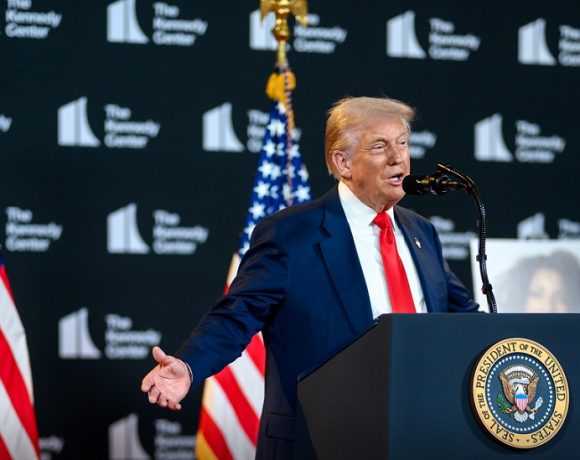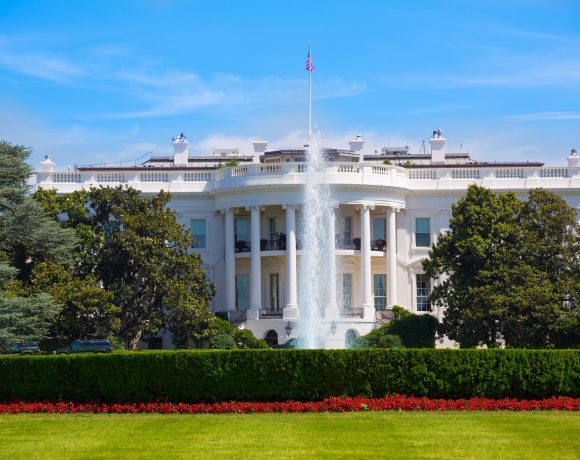
JD Vance Criticizes H-1B Use by Microsoft
US Senator JD Vance has raised concerns over Microsoft’s use of H-1B visas, warning that the company’s employment practices may conflict with its recent layoffs of American workers. Vance, a Republican senator from Ohio and a known critic of Big Tech, questioned why Microsoft is continuing to sponsor foreign workers, particularly through the H-1B program, while laying off staff domestically.
Senator Points at Microsoft-OpenAI Link
The senator’s remarks came after reports showed that Microsoft is hiring foreign nationals, including many from India, despite thousands of layoffs in the past year. Vance pointed out that Microsoft, which has a significant investment in OpenAI, is simultaneously cutting jobs while expanding reliance on temporary skilled foreign workers. He called this move contradictory to Microsoft’s claim of supporting the American workforce and innovation.
Vance also suggested that such employment strategies may harm job opportunities for US citizens and reflect a broader trend among tech companies to rely on cheaper labor through visa programs. He questioned the intent behind continuing H-1B applications while public trust in AI and Big Tech is already strained.
Indian Community Pushes Back
Indian-American tech professionals and advocacy groups have criticized Vance’s statements, calling them misleading. They argue that H-1B workers contribute to US innovation and are often used to fill skill gaps in specialized fields like AI, software engineering, and data science. Critics of Vance’s view say the senator is ignoring the role these workers play in maintaining America’s tech leadership globally.
Microsoft, which employs thousands of Indians through the H-1B program, has not officially responded to the senator’s remarks. However, the tech industry continues to maintain that international talent remains essential for maintaining competitiveness and scaling up innovation.
The debate over H-1B visas has intensified in recent months amid rising layoffs in the tech sector and growing political pressure to prioritize domestic hiring. With the 2024 presidential election approaching, immigration and employment policies are expected to remain a key issue.


















